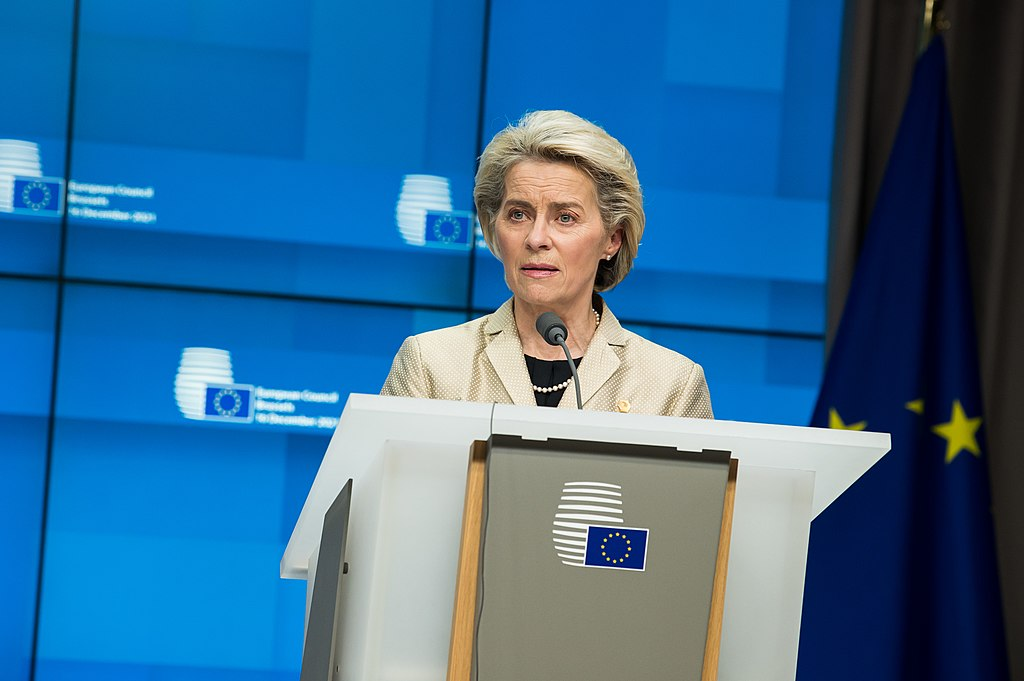

European Commission President Ursula von der Leyen has unveiled a sweeping proposal to mobilize up to €800 billion in defense spending across European Union member states. The plan, dubbed "Rearm Europe," comes in response to the United States' suspension of military aid to Ukraine and aims to address both immediate security concerns and long-term strategic needs.
"We are in an era of rearmament, and Europe is ready to massively boost its defense spending," von der Leyen stated. "This is not only to respond to the short-term urgency to support Ukraine but also to address the long-term need for Europe to take greater responsibility for its own security."
The proposal, outlined in a letter to EU leaders ahead of a summit in Brussels on Thursday, includes five key measures. Among them is a "new instrument" that would provide €150 billion in loans to member states to finance joint defense investments. These investments would focus on critical areas such as air and missile defense, artillery systems, missiles and ammunition, drones, and anti-drone technologies.
Bypassing Parliamentary Oversight Raises Questions
The proposed funding mechanism would be established under Article 122 of the Treaty on European Union, a legal provision that allows the bloc to provide financial assistance to member states facing "severe difficulties caused by natural disasters or exceptional occurrences beyond their control." This approach would bypass the European Parliament, raising concerns about transparency and accountability.
Von der Leyen did not provide details on how the €800 billion would be raised, declining to answer questions from journalists. However, she suggested that if EU countries increase their defense spending by an average of 1.5% of GDP, €650 billion could be freed up over the next four years.
NATO Allies Consider Raising Defense Spending Targets
The proposal comes as NATO allies, including 23 EU member states, are negotiating to raise the alliance's defense spending target from the current 2% of GDP. A decision on the new target is expected to be announced at a summit in The Hague in late June.
The Brussels summit, convened on February 23 in response to the U.S. President Donald Trump's shifting diplomatic policy toward Russia, will also be attended by Ukrainian President Volodymyr Zelenskyy. The discussions are expected to focus on the proposed defense package and its implications for European security.
As geopolitical tensions continue to rise, von der Leyen's plan underscores Europe's growing determination to bolster its defense capabilities and reduce reliance on external allies. However, the lack of clarity on funding mechanisms and the bypassing of parliamentary oversight are likely to spark debate among EU leaders and policymakers in the coming weeks.